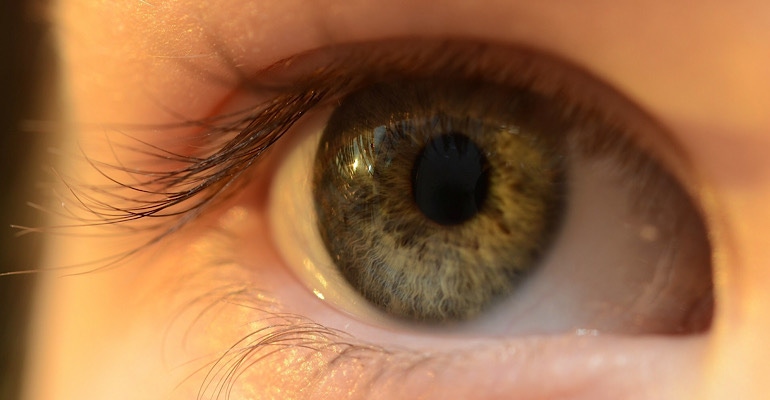Second Sight Reveals Two-Year Results from Orion Study
The company had to pause the study because of the COVID-19 pandemic. The results come about a month after Pixium Vision backed out of acquiring Second Sight. Pixium walked away from the deal because it said Second Sight violated a memorandum of understanding between the two.
May 12, 2021

Second Sight Medical Products has revealed favorable two-year results from the Orion early feasibility study.
The Sylmar, CA-based company’s study is evaluating the Orion Visual Cortical Prosthesis System (Orion) is an implanted cortical stimulation device intended to provide useful artificial vision to individuals who are blind due to a wide range of causes, including glaucoma, diabetic retinopathy, optic nerve injury or disease, and eye injury.
The six-patient study is designed to bypass diseased or injured eye anatomy and to transmit these electrical pulses wirelessly to an array of electrodes implanted on the surface of the brain’s visual cortex, where it is intended to provide the perception of patterns of light.
Results show Five out of five of those tested at the two-year mark are able to locate a white square on a dark computer screen significantly better with the Orion System on than with it off. Four out of five of those tested at the two-year mark are able to better identify the direction of motion of a bar moving across a computer screen with the Orion System on.
The company reported there was only been one serious adverse event early in the study and it was resolved without hospitalization.
The study had been paused because of the COVID-19 pandemic.
"We are excited to resume the study and see such promising results, especially after all visits were paused for several months due to COVID-19," said Jessy Dorn, Vice President of Clinical and Scientific Research at Second Sight.
This is one of the first major moves Second Sight has made since Pixium Vision backed out on a deal to acquire the company. Pixium backed away from the acquisition because it said Second Sight took out a private placement of $27.9 million, which violated a memorandum of understanding between the two companies.
Pixium wasted little time getting back on track. A few days after it was announced the deal was terminated, the Paris, France-based company reported the first implantation in the PRIMAvera pivotal trial. Pixium’s study is evaluating its bionic vision Prima System for atrophic dry age-related macular degeneration (AMD). The prima system is a miniaturized wireless sub-retinal implant.
Second Sight has traveled significant ground too. A little more than a year ago, the company announced it was laying off most of its employees and that it was winding down operations. In June of 2020, the company then announced it was auctioning off its assets.
Things seemed to turn around when Pixium said it would acquire the retinal implant specialist.
About the Author(s)
You May Also Like




